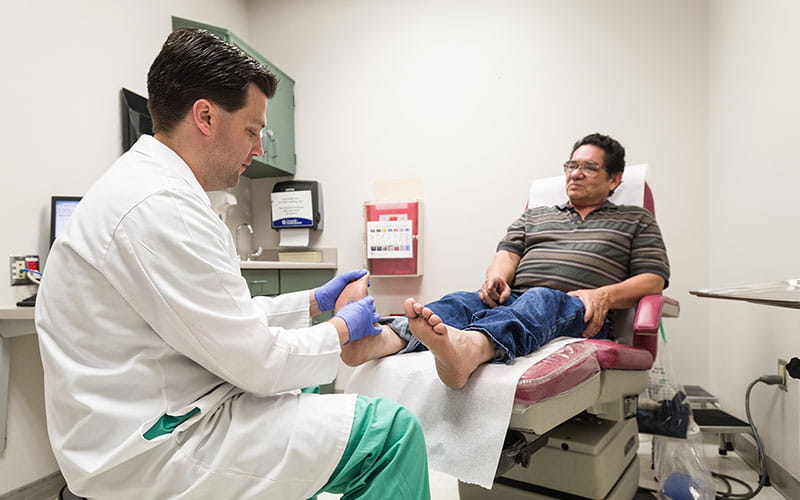It’s that time of year again. Shopping for school supplies and new clothes to vaccinations and physicals — back-to-school preparations are in full swing!
As a parent or caregiver you have plenty to worry about, including getting your child back into a school year routine.
“Kids who are healthy, happy and well-rested have the best chance of succeeding in the classroom and life,” says Dr. Amy Cobb, a pediatrician at University Health. To help your child put their best foot forward, here is a back-to-school checklist that will help get your child on track for a healthy and successful school year.
Schedule Appointments
First things first: Start scheduling your child’s appointments. This time of year is always a busy one in pediatricians’ offices — for good reason.
- Vaccinations: Children need to be healthy and up to date on their vaccinations before returning to the classroom. Schedule an appointment with your child’s pediatrician to get any necessary shots and a well-child checkup.
- Sports Physicals: If your child plays sports, they will need a sports physical. It’s best to do this as early as possible, in case they were to not be cleared during their sports physical and require additional testing. You can go to PediExpress at our Robert B. Green Campus for a sports physical — no appointment needed.
- Medical Authorization Form: If your child has special health needs, such as help with administering insulin, special medications or an inhaler, they require a medical authorization form. This form allows the school nurse to administer their medication.
Reset Your Child’s Routine
Summertime usually means sleepovers, movie marathons and sleeping in, but getting back into a routine will help them adjust for the upcoming school year.
To reset your child’s routine, you will need to work on both your daytime and nighttime routines.
Daytime
With kids, consistency is key. By starting a daytime routine, they will slowly become prepared for what’s to come during the school year. Here are ways you can create that consistency during the day:
- Start adjusting their wake-up time gradually. If they need to be up by 6:30 a.m. during the school year, begin moving their wake-up time earlier—starting from 8 a.m. and shifting by 15 to 30 minutes daily.
- If skipping breakfast was normal during the summer, start their days off with a healthy breakfast meal.
- Designate a space outside of the bedroom for play, homework and electronic devices.
- Monitor and limit their screen time.
Nighttime
You will also need to be consistent heading into their bedtime. Depending on their age, kids need between 8-12 hours of sleep each night. You can be sure your child is getting enough sleep if they can wake up without the assistance from you or an alarm. To ensure they get enough sleep, here’s how you can help:
- Turn off screens at least two hours before bed.
- Gradually adjust their bedtime by 15-minute increments every night.
- Keep the room dark, cool and quiet.
Planning for Breakfast
Good nutrition can have a positive impact on your child’s academic success. Starting the day with fiber, whole grains and plenty of water helps ensure your child has a clear head in the classroom and is well-fueled for recess. Here are some foods to consider for breakfast:
- Oatmeal
- A scrambled egg
- Avocado
- Greek yogurt
- Berries
Looking for new ideas? Try out one of these healthy breakfast recipes from our blog.
Children’s Primary Care at University Health
A little planning now can make the transition to the school year easier. The pediatricians at University Health can help you get on track — from immunizations to health screenings and more. Schedule an appointment online.
If you can’t make it into a pediatrician’s office, learn more about our mobile family health clinics and community health centers.




